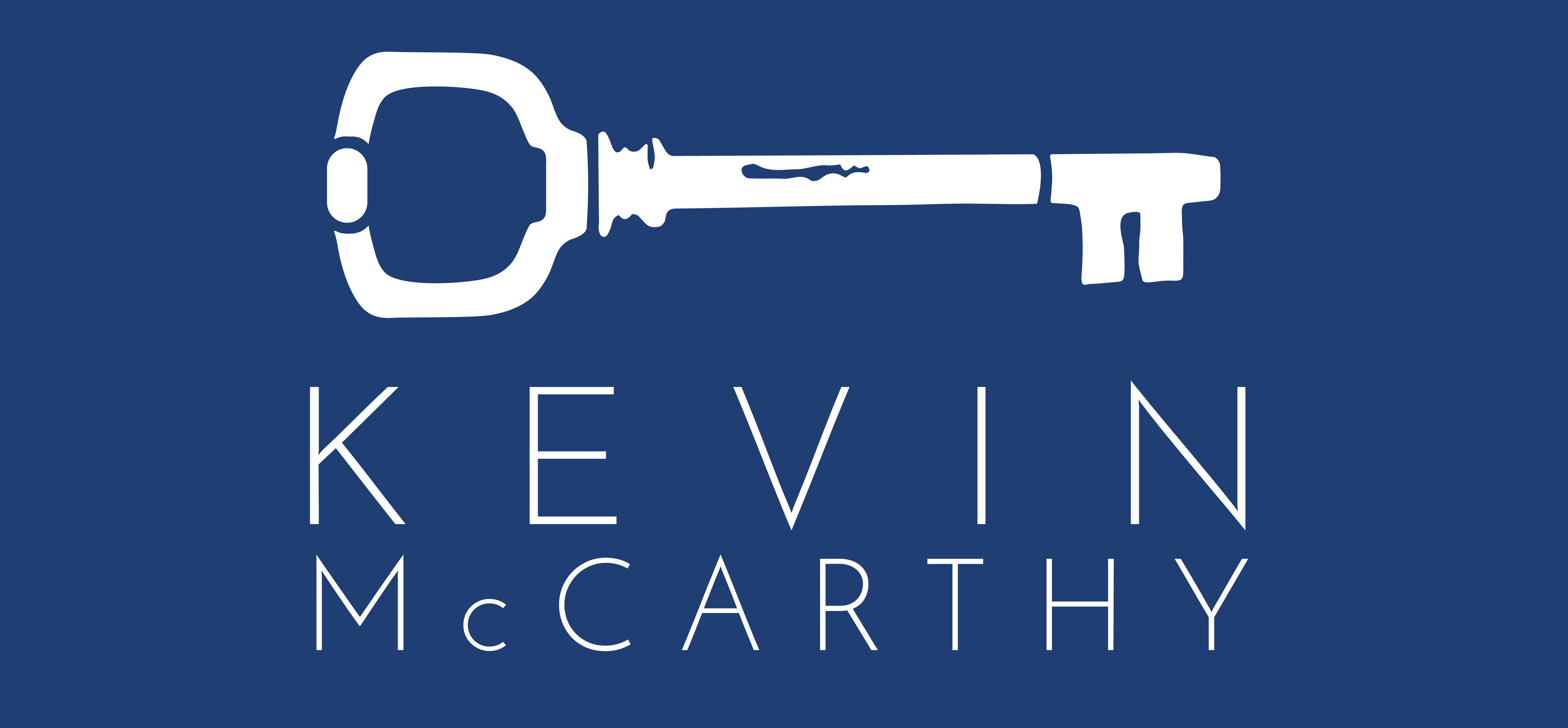Step 1 – Preparing a Listing Presentation
Crafting the story of your home
Real Estate is an emotional product. Each time a buyer’s considers a home, they go through an act of imagining their future lives in the space.
The art of selling real estate is about understanding these emotional aspects, discerning the unique story your property can convey, and its connection to the prevailing market conditions and showcasing it in the most appealing light to attract prospective buyers.
The Listing Presentation
The core of your home's selling strategy
This business goes beyond merely grasping market forces and trends; As a seller, the job becomes understanding the unique story that your property is able to convey and how it relates to what buyers are looking for in the market. At the core of this strategy is your listing presentation.
What is in a Listing Presentation
- Introduction: A brief introduction of the real estate agent, their experience, and accomplishments, providing an overview of their professional background and qualifications.
- Agency Overview: A summary of the real estate agency’s history, reputation, market share, and any notable achievements or recognition within the industry.
- Market Analysis: A detailed analysis of the current real estate market, including local trends, recent sales, comparable properties, and any other relevant data that can help determine the appropriate pricing strategy and positioning for the property.
- Property Evaluation: An assessment of the property’s unique features, condition, and potential improvements or staging recommendations to enhance its appeal to potential buyers.
- Marketing Strategy: A comprehensive marketing plan outlining the various advertising channels, promotional materials, and tactics the agent will employ to maximize the property’s exposure and reach the right audience. This may include professional photography, virtual tours, social media promotion, print advertising, email marketing, and open houses.
- Communication Plan: A description of how the agent plans to communicate with the seller throughout the listing process, including regular updates, feedback from showings, and any adjustments to the marketing strategy as needed.
- Testimonials and Success Stories: Client testimonials and success stories that demonstrate the agent’s track record of delivering results and providing exceptional service.
- Listing Agreement: An explanation of the terms and conditions of the listing agreement, including the agent’s commission, duration of the agreement, and any additional services or fees.
- Closing and Next Steps: A summary of the steps involved in the selling process, from accepting an offer to closing the transaction, as well as any necessary paperwork or documentation the seller needs to provide.
What is included in the Listing Presentation
When Kevin presents a listing presentation to a client, he ensures that it is comprehensive and tailored to their specific needs.
In addition to the standard information included in most listing presentations – a marketing update and summary of the local market, information on current listings in the area, and details on properties with a similar style to the client’s home. Kevin takes specific effort to prepare a true ma
Additionally, Kevin provides an overview of Royal LePage Johnston and Daniel, as well as valuable insights on preparing the home for sale and understanding local market trends.
Clients also receive a selling checklist and a marketing checklist, along with helpful information on staging the home for maximum appeal. All necessary legal documents for the selling process are included in the presentation, ensuring a seamless transaction. Kevin’s clients find their listing packages to be an invaluable resource throughout the home-selling journey, and he takes pride in offering a personalized approach to each presentation.
Reviewing the Listing Presentation
When choosing a community to live in, it is important to take a holistic approach, considering various factors that contribute to a high quality of life. Assessing the noise level, zoning laws, and building codes can help determine the type of environment and level of privacy you desire. Investigate homeowner association rules, safety and crime rates, and proximity to public transportation and major highways to ensure the area meets your expectations and offers a sense of security. The quality of local schools, availability of medical facilities, and presence of parks and recreational facilities should also be taken into account, as they can significantly impact your daily experiences and future prospects.
Furthermore, local shopping and dining options, community events, and access to public services such as police and fire departments can enhance your overall satisfaction with the area. Environmental factors like proximity to bodies of water and parks, as well as the diversity of cultural events and community groups, can create a vibrant and engaging atmosphere. It’s also important to consider the potential implications of local zoning laws and future development plans, as they can impact property values and the character of the community. Lastly, be mindful of local taxes and fees, including property taxes
Finance Considerations
Financial considerations play a significant role in the home search process, as they encompass both present and future aspects that can affect your overall financial stability. In the present, it is crucial to establish a realistic budget, explore financing options, and secure mortgage pre-approval. Be mindful of property taxes, and closing costs, as these can substantially impact your initial investment. Additionally, consider your down payment, interest rates, credit score, and debt-to-income ratio, as they influence loan terms and monthly payments. Don’t forget to account for insurance costs, utility expenses, and maintenance costs, as well as any immediate repairs or renovations that may be necessary.
Looking ahead, future considerations should also be factored into your decision-making process. Assess the potential resale value of the property and its appreciation potential to gauge the long-term financial benefits of your investment. Keep an eye on property value trends and the impact of the property’s location, as these elements can influence future growth and desirability. By thoroughly examining these financial aspects, you can make a well-informed decision that aligns with both your current and long-term financial goals, ensuring a sound and prosperous investment in your new home.
Kevin will take the time to ensure you are heard
Kevin, as an experienced and dedicated real estate professional, is committed to providing you with personalized guidance and support throughout your home-selling journey. By working closely with you, Kevin will help prepare your home for sale. He will also share his expertise on market trends, property values, and the local real estate landscape to empower you with the knowledge needed to present your home in it’s best light. Kevin’s client-focused approach and attention to detail will make the home-selling process as seamless and stress-free as possible.





